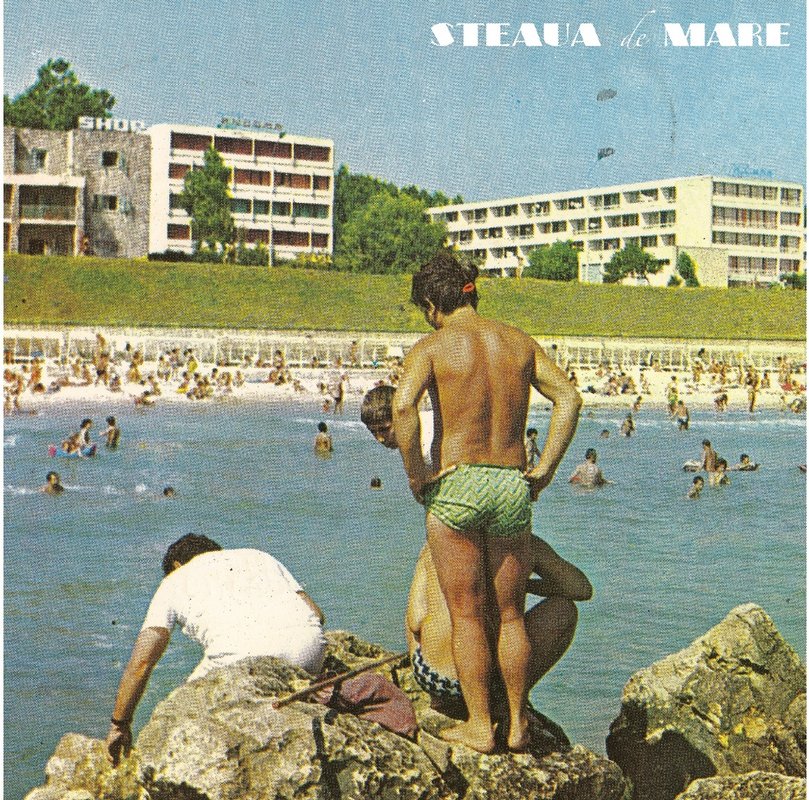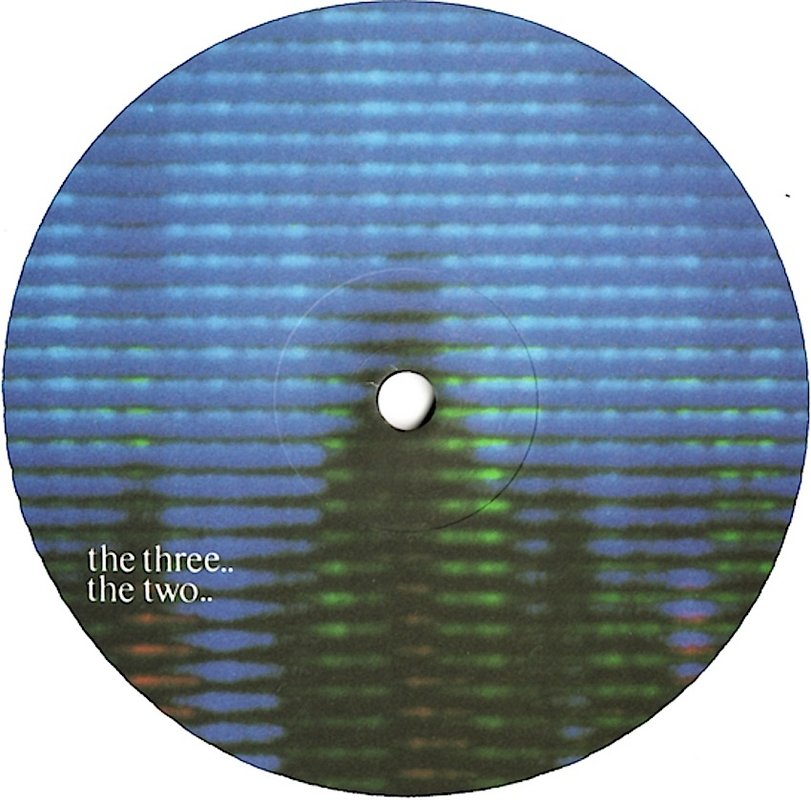20 Questions 028
Bill Brewster
Dj History
Low Life
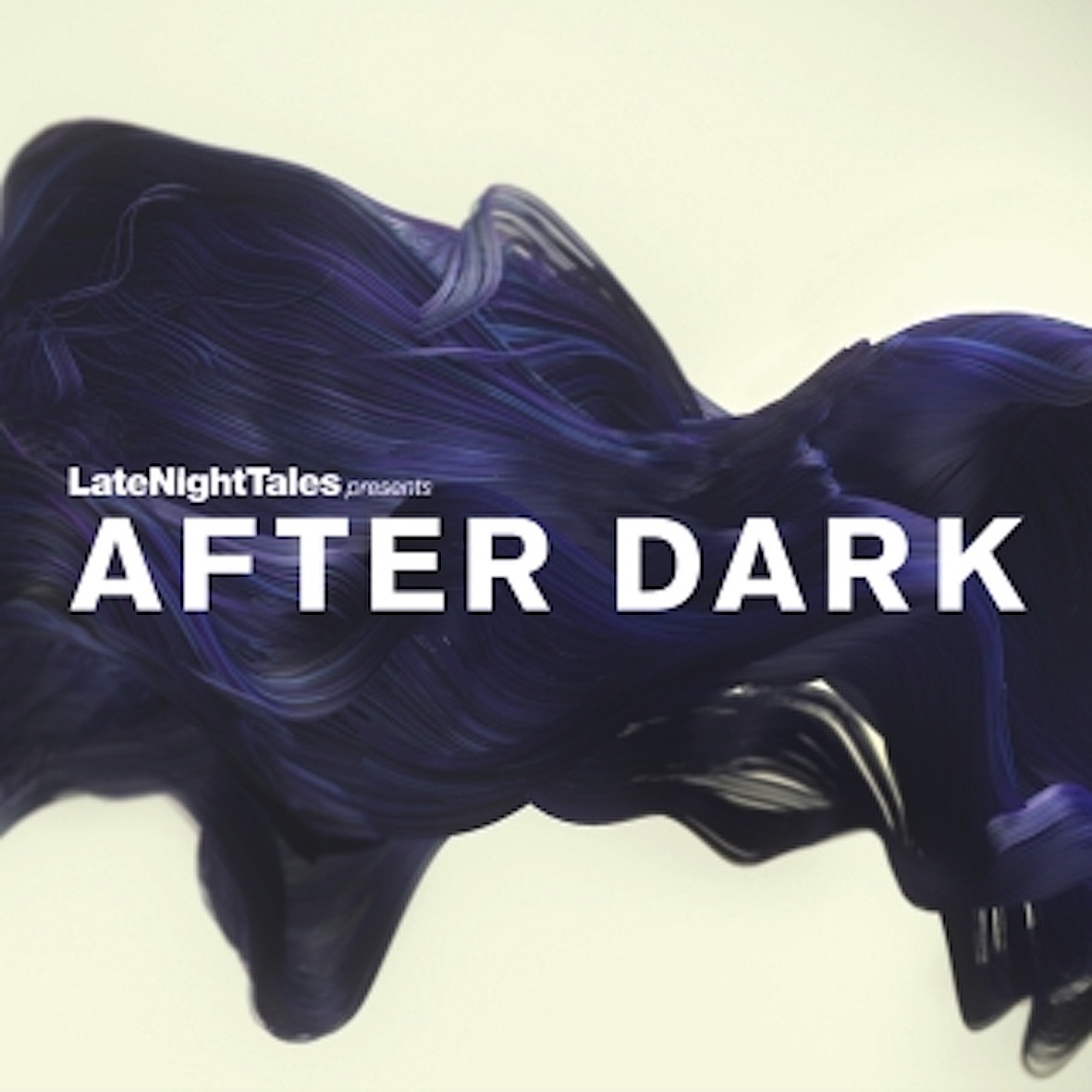
Where are you based?
Bedford, UK.
Is this your hometown?
No I’m originally from Grimsby. I left there in April 1977 to move to London and then I’ve been moving about ever since really. We moved to our current home four years ago.
What were you doing when you first came to London?
I was training as a chef. I did two years at a FE college after I left school doing a City & Guilds in catering and then I got a job at the Berkeley Hotel in Wilton Place, Knightsbridge, then one of the best hotels in the U. It’s still very good. The main reason I wanted to come to London, though, was because of Punk Rock. Prior to that I had applied for a job at Gleneagles in Scotland, where some of my friends were working. After three years in London, I moved to Geneva for two years to work in a hotel there and learn French.
What is your first musical memory?
Apart from the obvious ambient musical noise that flits through your outer vision as a kid, the first strong memory I have is of listening to the Light Programme, it became Radio 2 in 1967, on the BBC sometime in the mid 1960s. They used to have this show presented by Cliff Michelmore on a Sunday called “Family Favourites”. It was one of the few shows on the Light Programme that played records and they often used to do requests for squaddies stationed abroad. One of the records they played a lot was “Sparky’s Magic Piano”, which had this mad vocoder sounding thing on it, It’s a Sonovox, I went and checked. I just listened back to it. There obviously wasn’t much fun going on in the 1960s in Grimsby.
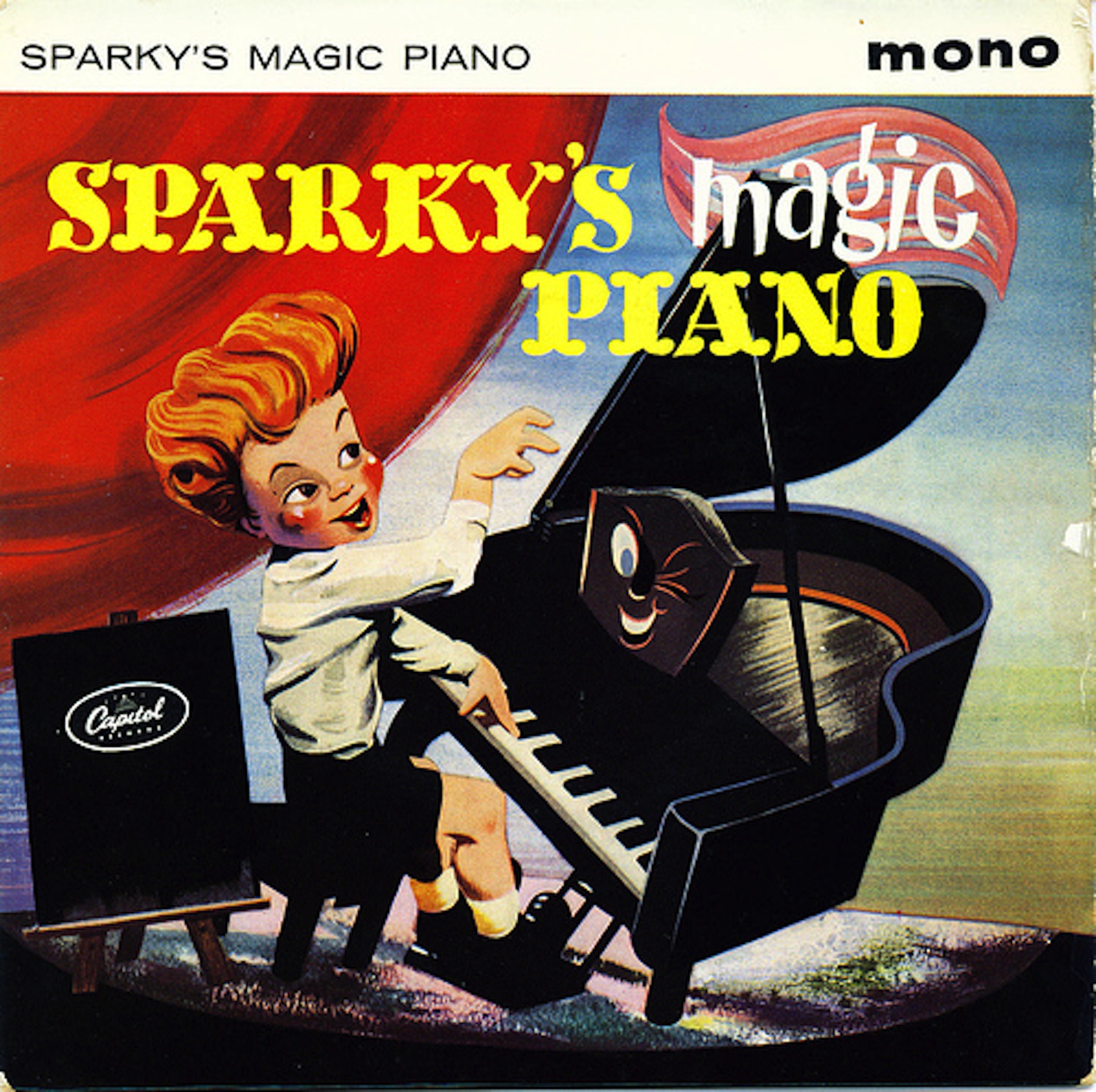
I remember “Sparky`s Magic Piano”. Do you remember “Andy Pandy”? I tell my kids what TV was like when I was growing up, as they watch Youtube clips on their iPods, and they look at me like I`ve completely lost it.
Of course. Watch With Mother was a very formative part of my childhood. The world that I grew up in is completely incomprehensible to my children. We didn’t have a car, a phone and colour telly until I was a teenager. I remember getting central heating and a fridge for the first time when I was a kid.
What was the first record you bought?
Benny Hill`s “Ernie The Fastest Milkman In The West”. I still know the lyrics off by heart. Did you know that the lyrics to this song perfectly fit to the tune of ‘Stand & Deliver’ by Adam & The Ants? The Ants ripped it off, honest.
Did you go through an Ant Music phase?
I was a bit too old by then, really. I did go and see them play at the Marquee in 1978 when they were going through their S&M phase, and they were very theatrical even then. I certainly bought the “Kings Of The Wild Frontier” LP, and also the Bow Wow Wow album that came out around the same time. Bow Wow Wow was the remnants of the Ants, and I saw Bow Wow Wow play a few times, notably at the Grimsby Methodist Central Hall. The Raincoats and Higsons also played there once.
What was the last record you bought?
The Candle Family’s ‘Love Theme From Two Hearts’ and the “Mix Your Own Stars” LP.
What is it that you like about these records?
I like the Candle Family because it reminds me of Barry White`s productions. It’ s a very simple idea, but executed really well. The “Mix Your Own Stars” LP is one I’ve been meaning to buy for years. There’s a track on it, just drums, which was one of the foundation stones of Chicago House.
What inspired you to start DJing / the website?
I fell into DJing, really. Everything I do that is connected to music stems from collecting records. I’m first and foremost a record collector. So I got asked to DJ at parties because I had a good record collection initially and then it kind of grew from there. Frank (Broughton) and I started the website about four months after the first edition of “Last Night A DJ Saved My Life”. Initially it was just a way of publicising the book, really.
What kinds of music did you start out collecting?
Pop 45s. The first acts I was into were David Essex and T Rex. I grew into Roxy and Bowie and Glam Rock. Then I discovered Punk Rock and that was probably my first record-buying obsession, because it was the first time I had disposable income to buy records weekly. I used to finish work at the Berkeley on a Friday with my pay packet in hand, in those days everyone was paid in cash in brown envelopes, and I’d head down to the Virgin Megastore in Marble Arch and buy an album. Then on a Saturday, I’d do this giant trawl of stores that started with Small Wonder in Walthamstow, down into Soho for Rock On in Soho Market (RIP), Rough Trade in Notting Hill and then to Beggars Banquet in Earl’s Court.
The last time we spoke you said that you really didn`t need anymore Disco records, and that you were expanding your funky Rock frontiers. What are you into at the moment?
I was being a bit facetious really. I do still collect Disco, but most of the ones I want I can’t afford. I do collect a lot of Disco 45s, still, and Brazilian Disco. I love that period between Disco starting in about 1973 and the advent of the 12-inch in 1976. There are loads of interesting 45s from those three or four years. I do collect a lot of funky Rock stuff, too, either German Kosmiche sounds or, in particular, a lot of American Rock bands doing the odd spacey, funky track. ‘Fazon’ by Sopwith Camel is a good example, I suppose. Recently, I’ve started buying early House records from 1985-1987 period. There are endless ways for me and my money to be separated.
How did you meet Frank?
Although we were aware of each other through writing for the same magazine, Mixmag, we didn’t actually meet until I moved to New York. He was working there as the stringer for Mixmag, i-D, Hip Hop Connection and Update USA, which was DMC’s trade magazine in the States. I moved there to run the DMC office, having edited Mixmag Update for the year before that in the Slough office. So we met in the DMC office on Broadway and Bond Street. We got on straight away and started hanging out together. There was a little cabal of us who hung out together, including Adam Goldstone, Bruce Tantum, Rob Di Stefano and us two. Peter Rauhofer and Danny Tenaglia were also part of our circle.
How long have you been DJing / running the website?
The first time I DJed was in about 1986. But I didn’t buy decks until 1990 and I didn’t take it too seriously until I moved to New York.
Can you remember your first gig and the music you played?
My first paid gig was doing the warm up for Roy The Roach in a weird space in a mews at the back of Kings Cross. I remember playing Jesse’s Gang’s “Real Love” and Roy asking me what it was. I can’t remember what else I played but it would have certainly been predominantly House.
What prompted the move to New York? How long did you stay?
I’d been editing Mixmag Update for DMC and Guy Ornadel, who was running DMC in New York wanted to come back to the UK so they offered me the job. They told me about it one Friday and a fortnight later I moved out. It happened very quickly. I was there two years, but we had to move back because my then girlfriend’s dad was dying of cancer and she understandably wanted to spend time with him. Unfortunately, he died soon after we moved back.
I know you are, quite rightly, proud of the Low Life parties and they originated in New York. Can you tell me more about how the parties started? What kind of venues you used? Who other than you and Frank played at them?
We started them because the Sound Factory closed and we didn’t have anywhere to go on a Saturday night. Twilo opened in the old Factory space but, honestly, it was a shadow of what the Factory was. We were also inspired, to a lesser extent, by the Loft. The first party we did was called “The Party In The Big House” and it was a house party in Frank’s brownstone in Harlem, which was owned by a crazy queen called Jeffrey and was like some mental sitcom, full of mad characters. We spent 100 bucks on a cheap sound system and invited everyone. Loads of people came, Danny Tenaglia, Rob Di Stefano, Vanessa Daou, Jon from Mood II Swing etc etc. Loads of our clubby mates came. I think the only DJs were Adam Goldstone and I, though I might have missed someone out. Basically, the main DJs at our first parties were Adam, Bruce Tantum, Rob Di Stefano and myself. I don’t think anyone else played.
We threw four or five parties in New York. Most of them were in Frank’s Harlem house, but I remember we also did one in a loft really near to the DMC offices. So it was somewhere around Bond, between Lafayette and The Bowery. It’s all a bit hazy now, but I do remember Adam coming on after me and playing the Rolling Stones’ “2000 Light Years From Home” and clearing the dancefloor. I thought Adam was a fantastic DJ and he was always really brave in what he played, to the point of stupidity sometimes, but that was an essential component of Adam’s dotty DNA.
When we moved back to the UK, the party still did not have a name and it was only when we threw maybe another three parties that we actually thought to even give it a name. We called it “Low Life” after the Luc Santé book on New York, as a tribute to where it started, and also because it’s a fantastic book. We have always tried to maintain that slightly amateurish atmosphere in our parties and we still regard ourselves as professional house party hosts rather than club promoters.
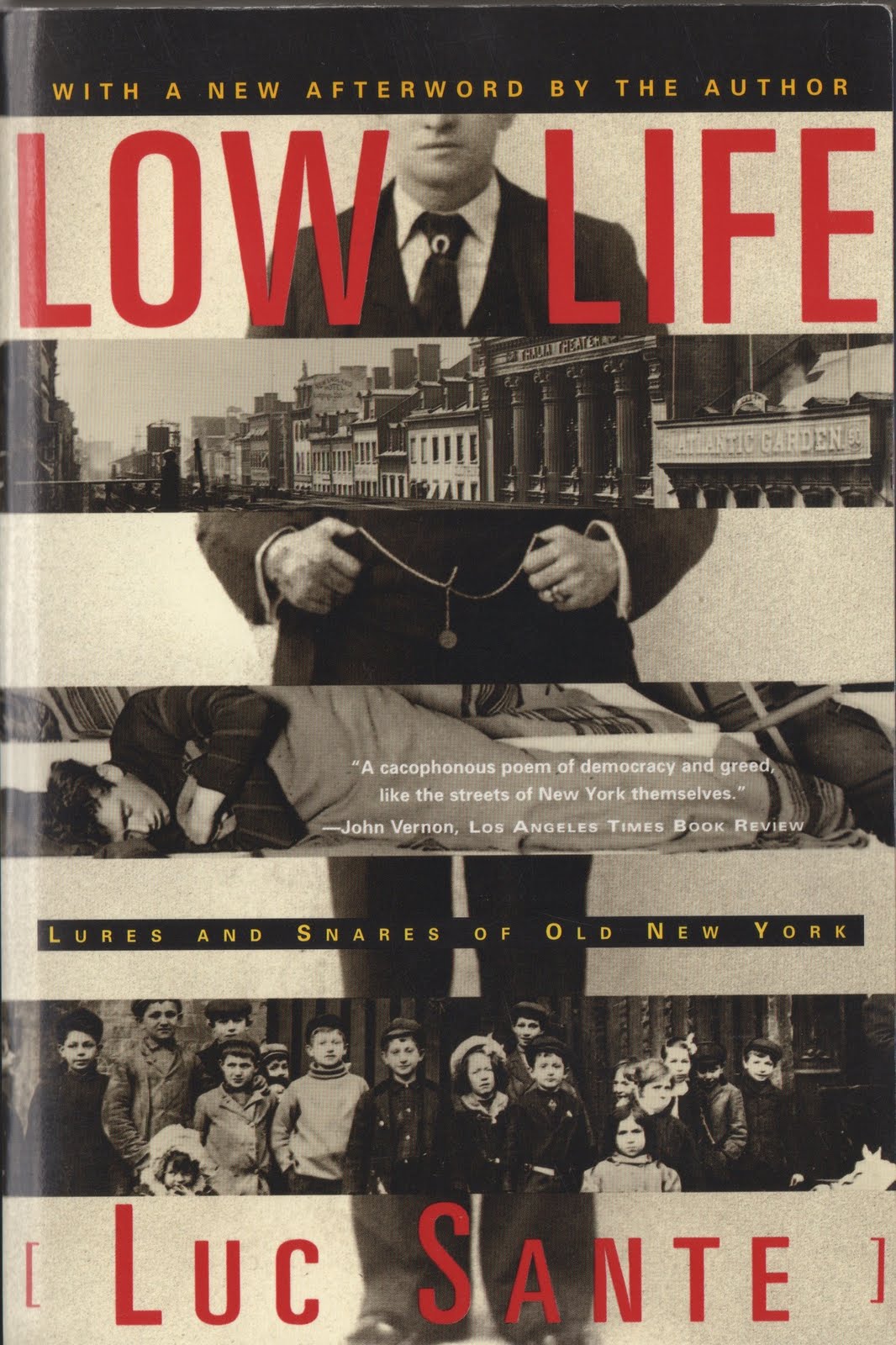
Any chance of a list of a few New York Low Life classics? A top ten?
In no order:
Mood II Swing / All Night Long / Do It Properly
51 Days / Paper Moon
Artist Unknown / I Can Make You Dance. I’ve never been able to work out the name of this, it arrived as a white label with no label credit, but Kenny Hawkes ripped it for his Dance With Me, which is essentially a cover version of this. I think it’s from Chicago.
Size Queen / Walk 4 Me
Lectroluv / Dream Drums
Roach Motel / Wild Luv
Urban Soul / Sex On My Mind (DJ Pierre’s Altered State)
Terry Lee Brown Jr / Terry’s House / Bad House Music
Maurizio / M4
Wide Boy Awake / Slang Teacher
Oliver Cheatham / Get Down Saturday Night
Superstars Of Rock / Orange Sunshine
Danny Tenaglia / Bottom Heavy. This was actually originally a remix of New Order that Danny used to play a lot.
Did you play anywhere else in New York?
Yes I did. Don Hill’s, Nell’s occasionally and Save The Robots semi-regularly, which, to me, is the archetypical New York dive club. No-one really talks about it much, but it sums up New York better than most of the big clubs and was certainly a more important fixture in nightlife there than, say, Twilo. The last time I went to Save The Robots, when I was living there, was when Frank organised a surprise leaving party shortly before I moved back. Danny Tenaglia played.
Was your House epiphany in New York?
No, not at all. I’d actually been out to see Mark Moore playing at the Fridge in September 1987, because my friend Adrian was warming up for him, and I hated what he played, because it was all House music. I didn’t get it at all. So I’d purposely avoided it after that, and just gone out to Rare Groove parties, although bizarrely I’d bought a few house records without realising that’s what they were. The first one was “Hey Rocky” by Boris Badenough.
Then, in the summer of 1989 my ex-girlfriend and I had both been dumped and we consoled each other by going out to various clubs and she took me to a gay club called Troll, asked me if I wanted to try ecstasy and that was that. I didn’t go to a straight club for the next two years and was out at Troll every Saturday and then Trade when that first opened.
We started the website in about February 2000. It was very primitive and a mate did it for free for us. It started to become more complex when we added a forum and changed the design in May 2003. It’s since grown exponentially since then, though fairly organically.
The website, and the forum were a phenomenal success. I`ve said this to you before, and I repeat it to anyone who will listen, that I owe my life in Japan, and also what I do with Test Pressing to DJHistory. I think because it was such a success, the site was one of the most obvious victims when Facebook, Twitter, Youtube, Soundcloud, etc, changed the way that people use the internet. I`m sure you get bored of people asking you about this, so I won`t. All I will ask is, and you don`t have to answer, is has the conversion of part of the site to a shop for books and downloads worked? As far as the downloads are concerned, how have you tried to differentiate yourselves from the competition?
The books worked really well for us. I think our users are very into owning physical products, because of the record-collecting aspect of the site, so the books were a big success. We were able to sell hundreds of each book we published direct through the site. The downloads are a different story. They never really worked, partly because we launched it around the time we had a load of financial problems, and also it coincided with loads of technical issues with the site. It kept crashing and we made changes that we now regret doing. We’ve actually just turned off the downloads and we’re reworking the site to go back to its original form as a hub of high quality content.
How did you first get involved in music journalism?
I was working at a football fanzine called When Saturday Comes in the late ’80s and Nick Gordon Brown, who was then Deputy Editor at Mixmag, called our office to try and get us to do some football related stuff for them. We started chatting about clubs and clubbing and I started doing stuff for them. Think that was 1990. I’ve been freelancing for Mixmag – on and off – for 23 years now.
How did you get involved in “When Saturday Comes”? Did you always have aspirations to write?
I suppose I did always have aspirations to write, but I left school when I was 15 with no qualifications, so I couldn’t really see how it would be possible for someone like me and my background to do something like that for a living. So it was a faint pipe dream rather than an ambition. But I had been writing for small fanzines and stuff like that. My big inspiration was Danny Baker. He was working class, hadn’t been to college and was a brilliantly funny writer.
I went back to college as a mature student in 1987 and moved back down to London. I was an avid reader of WSC and they put an ad in an early issue asking for a “slave”. Their office was near my campus, they were in Clerkenwell and I was based in Kentish Town and Holloway Road, so I answered it. I think they liked the idea of me supporting a shit football club, because they were Everton and Chelsea fans. So I started going in and helping and gradually got more involved until there was a tipping point in 1988 when I was supposed to go abroad for a year as part of my degree. So I dropped out and went full-time at WSC, despite the fact no-one was earning a living from it. It was obviously a massive gamble, but I was really confident in the quality of the magazine and thought it could sell a lot of copies. We all went on Enterprise Allowance Schemes as freelance journalists and that subsidised the magazine for the next year, by which time we organised a trip to Albania that got a lot of press and the circulation doubled. I was on Pebble Mill at One, twice.
How would you describe your sound?
I don’t know whether I have one. I like lots of things, so it’s hard to pin it down to one thing really. If there’s anything that links most of the things I play it’s drums. I’d never play a record unless it’s got really good drums.
Are you making any music at the moment?
Yeah, but it’s always a slow process, because I do loads of things and I’m also the primary carer for two small children, so I have to work around my kids and their needs first. At the moment, I owe someone a remix, so I’m trying to sort that out and then we’re trying to get a label off the ground to release some of the backlog of stuff.
I know a lot of people like that Twin Sisters remix? How did that come about? The Twin Sister record I have sounds like a horny female led version of Tom Waits` “In The Neighbourhood”. Are you a fan of the band anyway?
I was a big fan of that album and the band. They remind me a bit of those early 80s British bands that were a bit indie and a bit funky. So I asked the label if I could have the parts for that tune to do a spec remix. We were really happy with it when we’d finished it, but the band knocked it back because they were already deep into recording the next album. And maybe they didn’t like it. Anyhow, it got forgotten about until the “After Dark” project came about and I approached the label to see if they would license it.
How did the After Dark mix and series come about? There are a lot of unreleased exclusives on your mix, is that because it is so much harder to find music that isn`t widely available for download now. I have had this problem every time some one has approached me about doing a comp. Very often the best stuff is already out there.
I was invited to play a set on Boiler Room to help promote the Friendly Fires’ “Late Night Tales” compilation. I’ve been writing the liner notes for the series for nearly ten years so I know Paul, who runs the series, pretty well. Anyhow, the main DJ in the band was ill with flu and couldn’t make it so I ended up playing for quite a long time and I’d brought some really slow, mainly Electronic, records with me, because it was the afternoon and I thought it would work better. Paul really liked what I played and emailed me a few days later to ask if I was interested in trying to make a compilation idea out of it.
I spent about a month putting endless lists together and trying to whittle it down. But I also had a bunch of things that I play that had never come out so we tried to license them, too. Didn’t succeed with all of them, sadly, but we did get the Padded Cell mix of Doves and Twin Sister. There’s a bunch of other stuff that’s either tricky to find or has never been on vinyl. There are also a couple of previously unreleased tracks on there, too. So yeah, you’re right it is really hard now to put a compilation together that’s not full of stuff that’s already been out there, so it takes a lot more work to do it, but there are still loads of gaps in the market for interesting things to come out. I’m currently working on another three compilations, so it’s really more about finding a concept that works rather than necessarily having super obscure stuff on there.
What are your favourite places to play / hang out in?
My favourite places to play are Low Life, it’s my home crowd. I love playing in Manchester and Glasgow because the crowds are really musically knowledgeable. Favourite club in Europe is the Room in Madrid, which is brilliant, and the Electric Elephant were we do a Low Life boat party every year. I had such a great time last year.
What makes The Room special?
The people mainly. It’s not a special room particularly. It’s a big square, 450 capacity, in a basement, but the vibe is amazing in there.
What is your favourite place outside of a bar / club / record shop?
1) I like being with my wife and kids, wherever they are. 2) Going to watch Grimsby Town play. 3) Hanging out with Frank and all our mates in London.
Do you see yourself as part of any scene?
No, not really. I’m sure it looks like I am, with being behind DJ History etc, but I’ve always been a bit of a musical loner, really, and I like going off at weird tangents on my own, either online or driving round charity shops or carboot sales.
What about Faith? Are you still involved? How did you meet Terry, Dave, and Leo? Is Leo still involved?
I’m not involved in Faith any more and haven’t been for quite a while. I`m still friends with them all, mind. I think I first met Terry at the JBO offices in 1993, when they were in the Saga Centre near Ladbroke Grove. The Faith thing happened because of Low Life, really, not vice versa, as often seems to be assumed. The most important person in the story is Rocky from X-Press 2. He came down to an early Low Life in a loft in Kingsland Road and brought a crowd with him, that included Clive Henry, Miami Mick, Nikki Smith and a bunch of others. Then he came to the next one in a gay couple`s studio in Bethnal Green. He was a big champion of what we were doing; because I think at that time those guys were mainly playing in superclub-type places. I think he suggested to Terry that they should do something and Terry and Stuart Patterson approached me about it in 1998. We did the first Faith party in March 1999. I met Dave, Leo and Stuart through doing Faith, I hadn’t met them before. I can’t remember when exactly, but Leo and I got squeezed out of it all, in about 2005 maybe? I can’t remember now.
I also got my residency at Fabric through Rocky bringing Nikki down to these parties, so I owe Rocky a lot. He’s an enthusiast, I love people like that. He would often call round everyone and make them go down to a club he’d just discovered. I remember he dragged us all down to Lazy Dog when that was in full swing.
Is artwork important to music, records, labels, etc?
I think it can be. I like having good artwork. But then, some of my favourite records have got five black dude wearing green velvet pantaloons on them with ruffled shirt collars, and the music doesn’t sound any worse inside. Actually I quite like shit artwork, too. I used to collect it. And I really love those European 45 sleeves, they’re mint. I’ve bought doubles of loads of records just because those sleeves are so cool.
If so Can you give any examples of work you like?
Zoo / Zoo
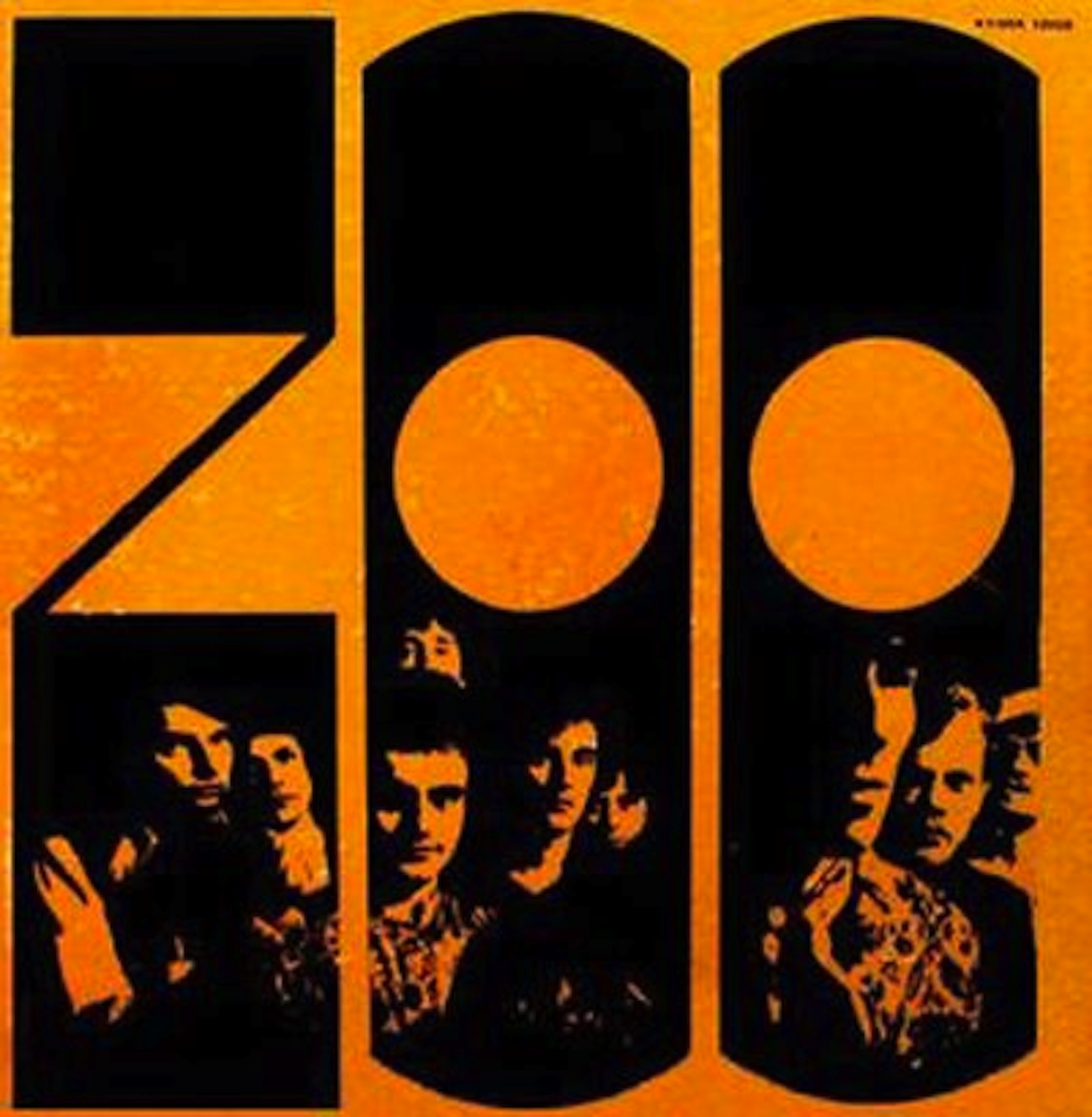
Lee Morgan / The Sidewinder
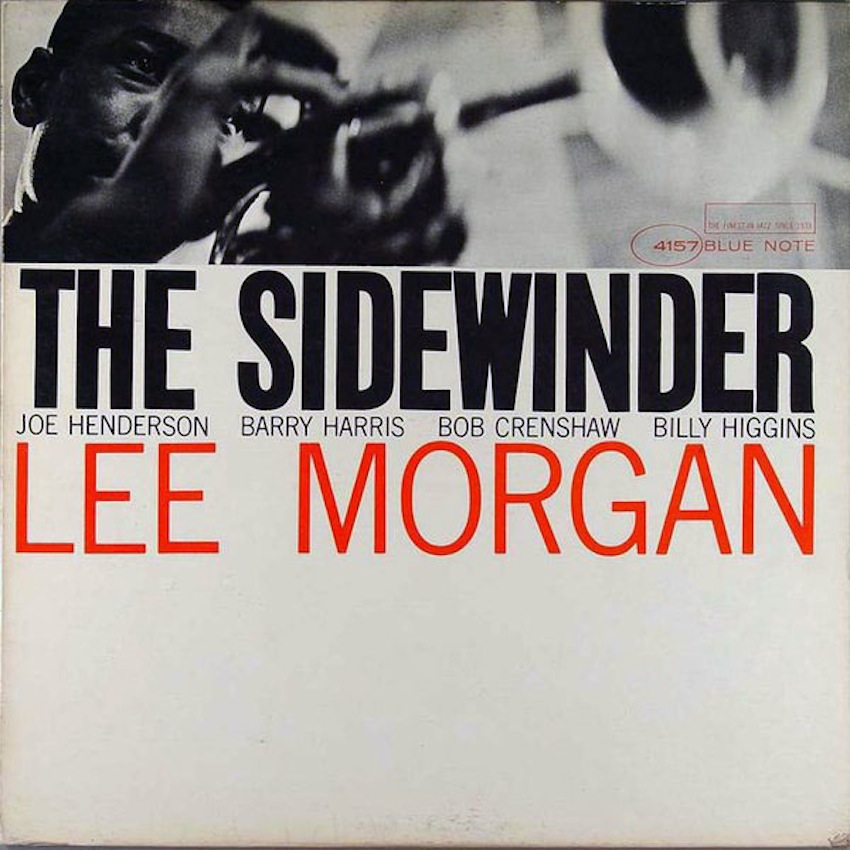
New York Dolls / New York Dolls
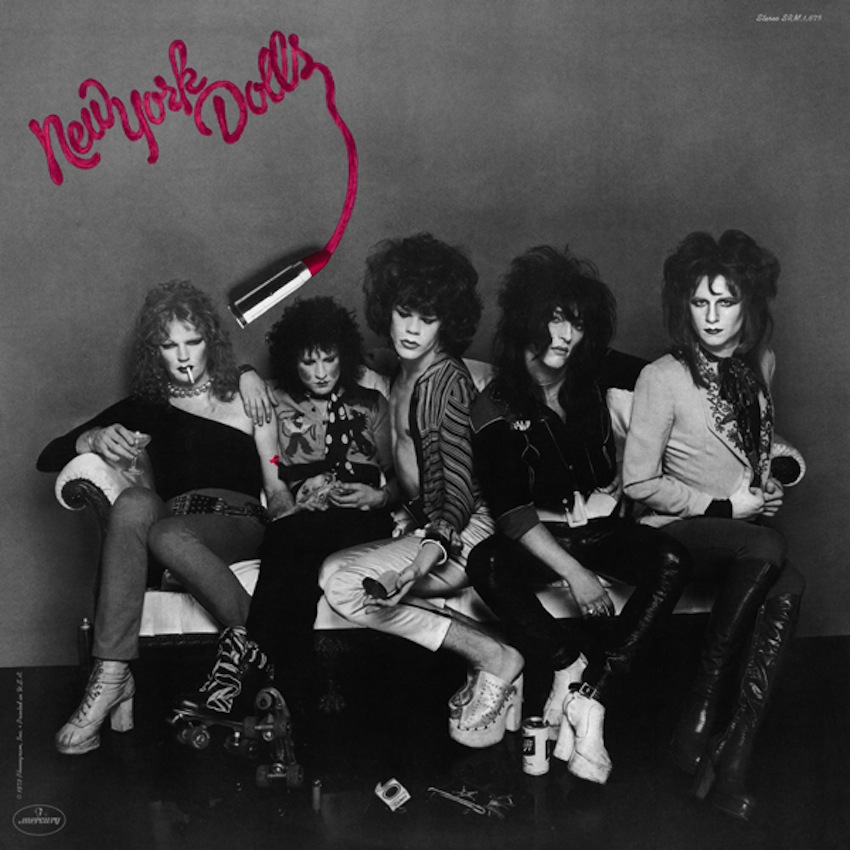
Odyssey / Odyssey
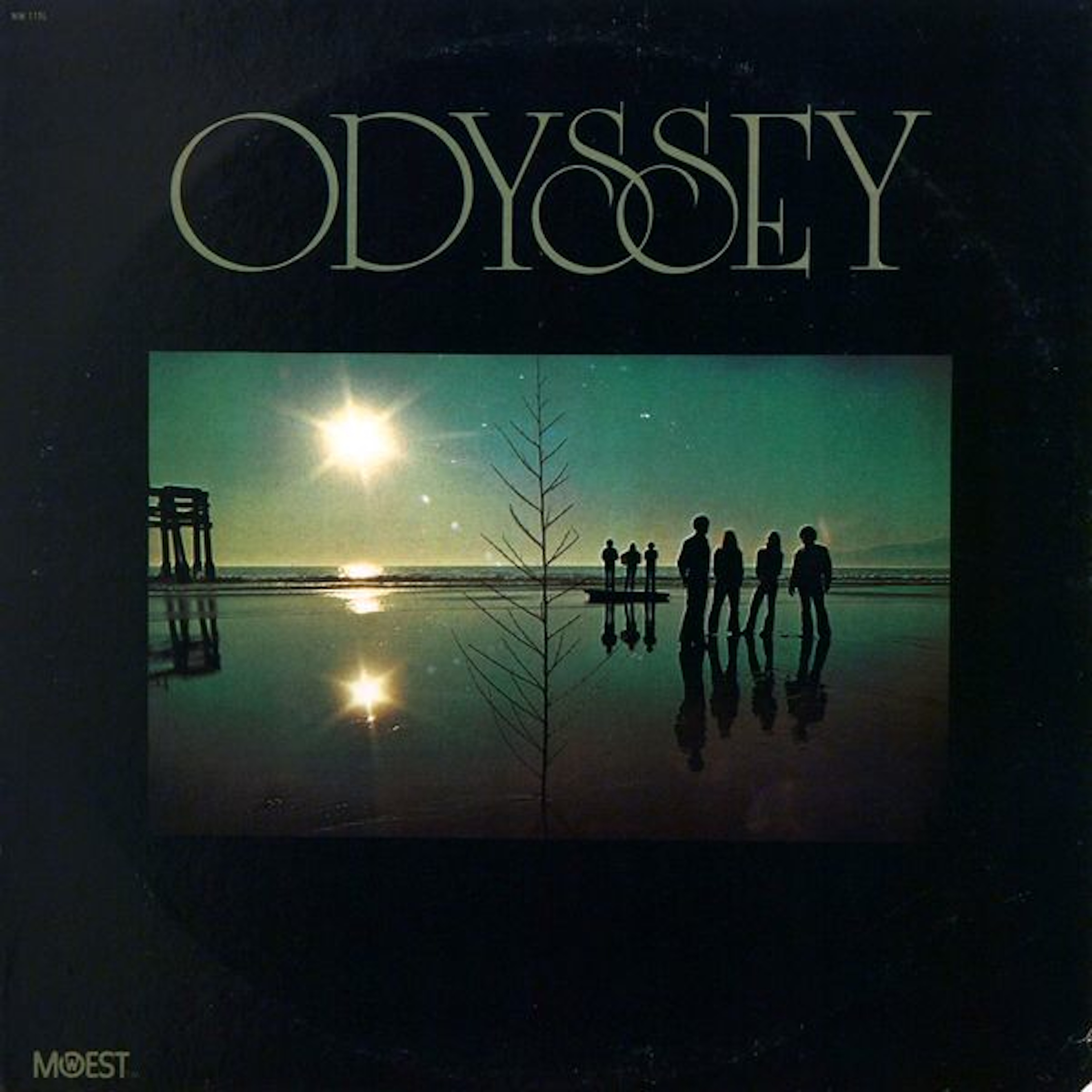
Shuggie Otis / Inspiration Information
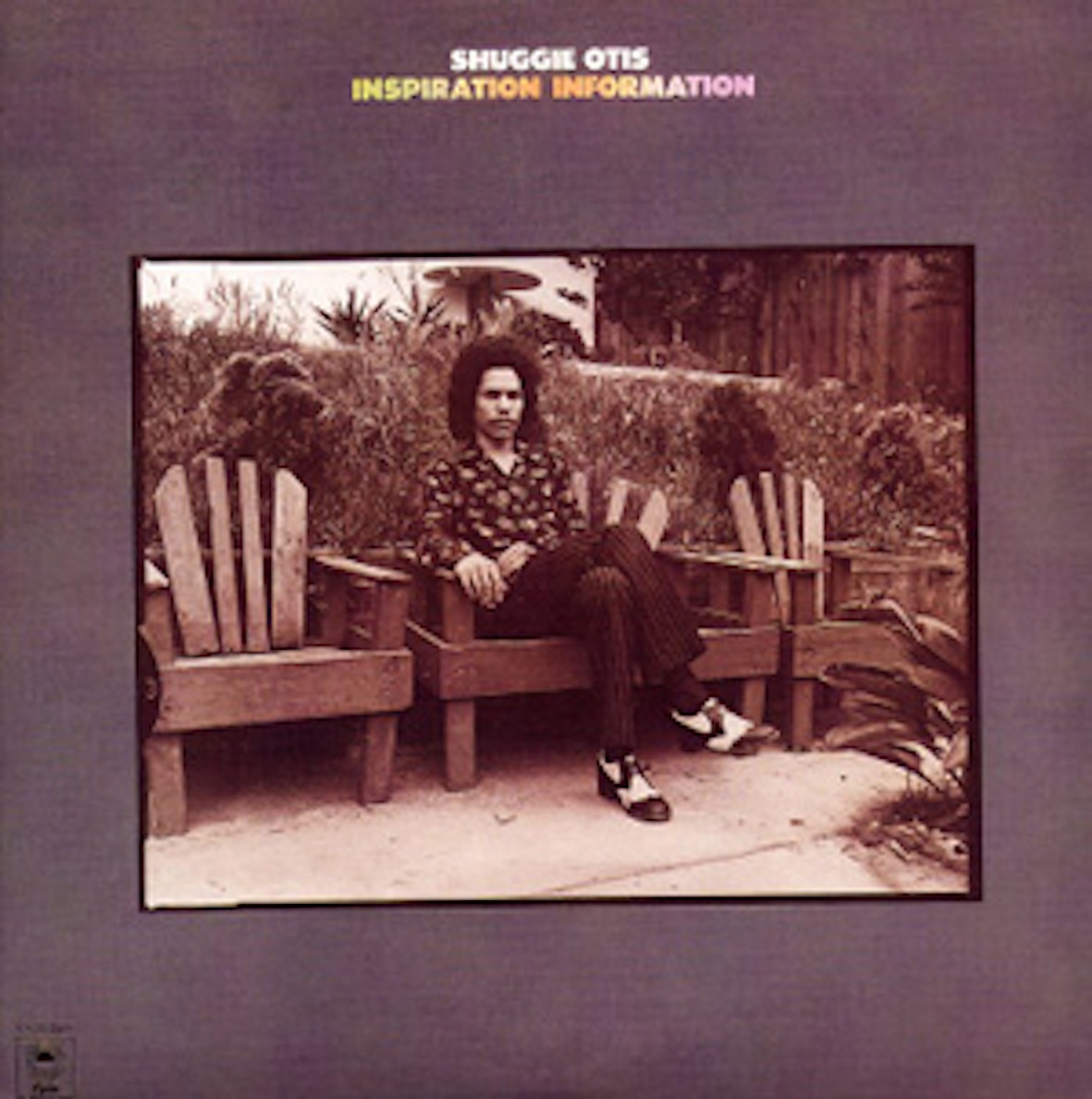
Sex Pistols / Never Mind The Bollocks
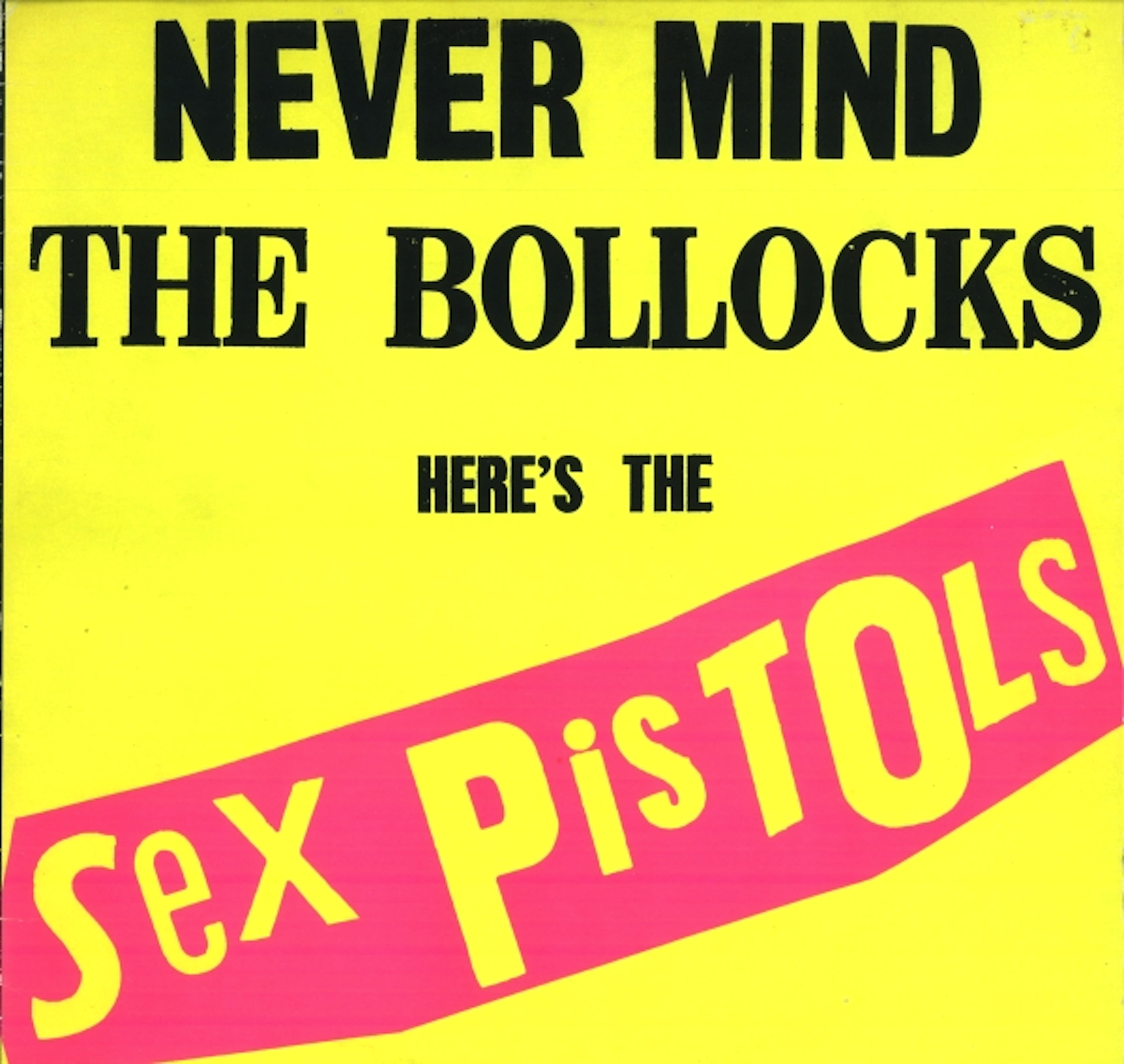
Does playing and writing about music pay the rent?
It comprises my entire living though these days I’ve been eclipsed by a much more successful wife, who is amazingly supportive of all my ridiculously unorthodox ways.
What sites, if any, do you regularly check on-line?
Faithfanzine, VG+, Waxidermy, Soul Strut, Test Pressing and DJH, obviously.
What was the last book you read?
I’ve always got three or four on go, but the last ones were Tracey Thorne`s “Bedsit Disco Queen”, Andrew Martin`s “Underground Overground” and I’ve nearly finished David Byrne`s “How Music Works”.
Would you recommend any of them? As a primary-carer, how do you find the time to read? I also look after my kids, and I find, and I think that reading, and reading books, is incredibly important, that once they`ve gone to bed and the next day is prepared, that I am just exhausted. If I open a book you can guarantee that I will fall asleep.
Yeah they’re all good books. The David Byrne is full of thought-provoking ideas. I agree, I don’t read at all at home, really. But I do travel to gigs quite a lot and that’s when I get my reading time in. If I’m playing abroad, I can usually get through one book over the weekend I’m away, so that’s how I get my fix.
What is your favourite book?
Non-fiction: Leon Trotsky “Writing’s On Britain”.
Fiction: Really hard, but the last great one I read was Patrick Suskind’s “Perfume”.
What was the last film you saw?
Django Unchained.
Did you like it?
Very enjoyable, but like most of his films, it would benefit from having a ruthless editor.
What is your favourite film?
“Kes”. It had a huge impact on me as a kid. Where I grew up was like living on the set of “Kes”.
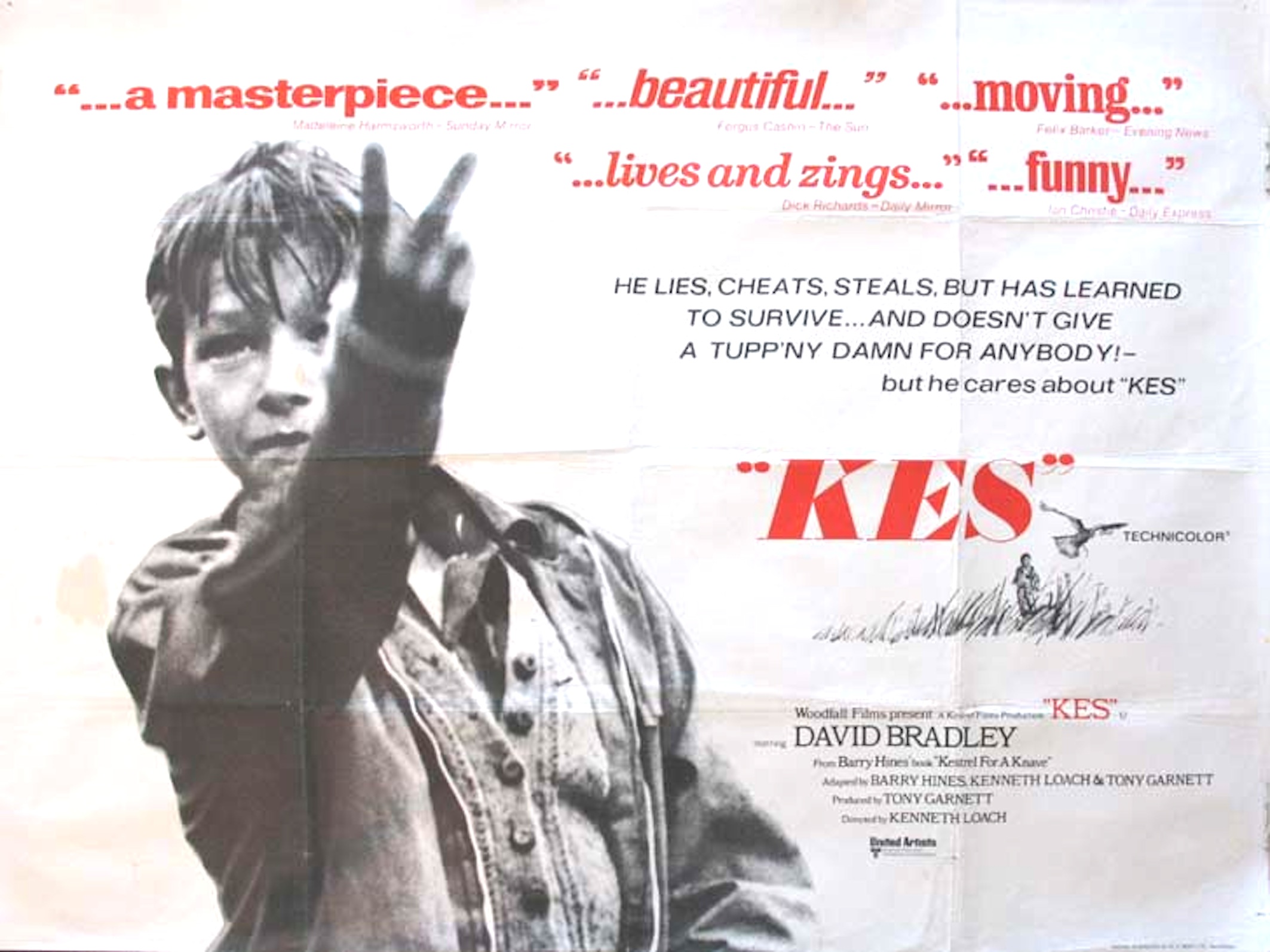
What is your favourite piece of music? If that`s too difficult, what`s your current favourite piece of music?
Current one is a toss up between George Pringle’s “Fanclub” and Robin Thicke’s “Blurred Lines”.
Bill, what is it that you like about these two tracks?
I’ve known George since she was 15, so I’ve always followed her career closely. I know her brother and uncle really well, so I like to do a bit of cheerleading from the side-lines. I love this track in particular, because it’s almost a song, most of her stuff previously has been more like stream-of-consciousness poetry, and actually it reminds me a bit of those Zeus B Held productions from the early 1980s. I’m a fan of Robin Thicke anyway, but this is one of those rare upbeat R&B songs that seem almost extinct now. DJ Lexx pointed out to me that it’s a bit of a rip off of “Got To Give It Up”, so maybe that’s another reason to like it. Great saucy video, too.
Can you name 3 records for sunset / sunrise?
ELP / From The Beginning
Lemon Jelly / The Curse Of K’Zar
Gatto Fritto / Solar Flares Burn For You
Can you name 3 records to start a party?
Ray Mang / Not so Fantastic
Rafael Cameron / Boogie’s Gonna Get Ya (Instrumental)
Jackson 5 / Body Language (Fat Camp Re-Edit)
Bill Brewster`s "After Dark" mix CD is out now on Late Night Tales.

